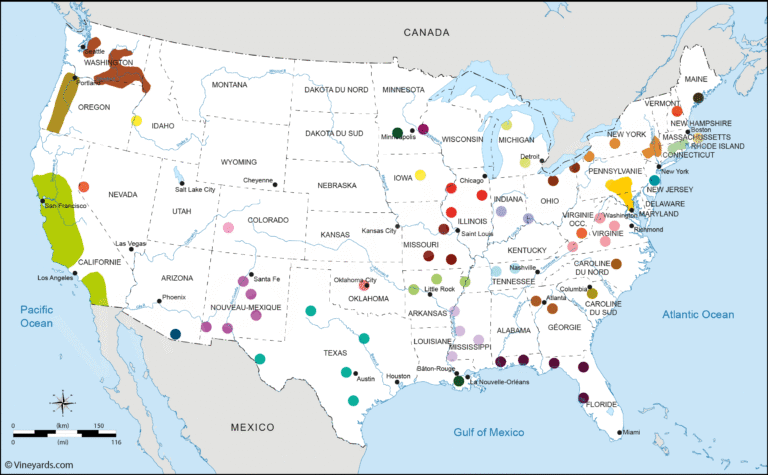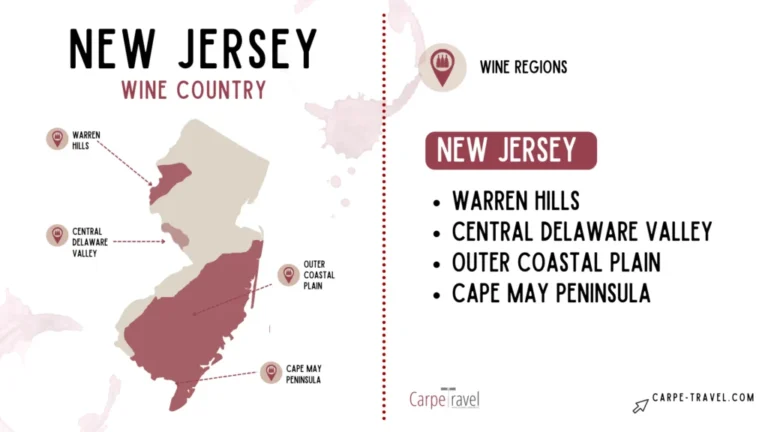In my recent paper, I explore transformative concepts that can significantly enhance the organizational capacity of bureaucracies, which can be extended to wine regions and the non-profits that lead them. By applying theories such as Peter Thiel’s “Zero to One,” Power Law principles, and Nassim Taleb’s Black Swan theory, alongside Lean Kaizen methodologies, organizations can foster substantial growth and innovation.
These concepts advocate for a proactive approach to building the future rather than merely reacting to incremental changes. By embracing calculated risks and focusing on groundbreaking ideation and operational excellence, organizations can better prepare for and navigate disruptive changes. This approach is crucial in today’s rapidly evolving environment, where industries continually face new challenges.
In the context of wine regions and their leading non-profits, adopting these theories can lead to enhanced strategic planning, optimized resource allocation, and improved talent retention. For instance, applying the Power Law concept can help identify and leverage high-impact opportunities, while Lean Kaizen methodologies can streamline operations and promote a culture of continuous improvement.
My research introduces a comprehensive framework emphasizing local innovation, agility, and a willingness to embrace outliers. This holistic approach can empower wine regions and their leading non-profits to redefine their roles, maintain relevance, and achieve long-term success. By integrating these transformative theories, these organizations can move away from risk aversion and incrementalism, positioning themselves as leaders in their respective fields.
For a deeper understanding of these concepts and their practical applications, you can access my full paper here.


